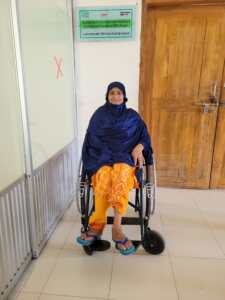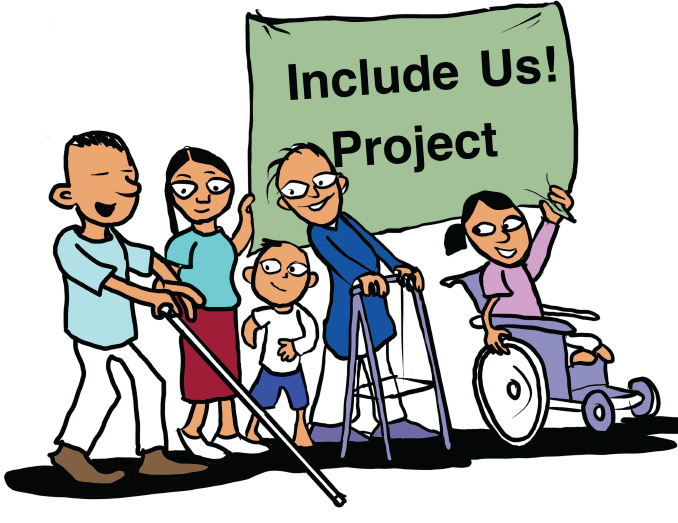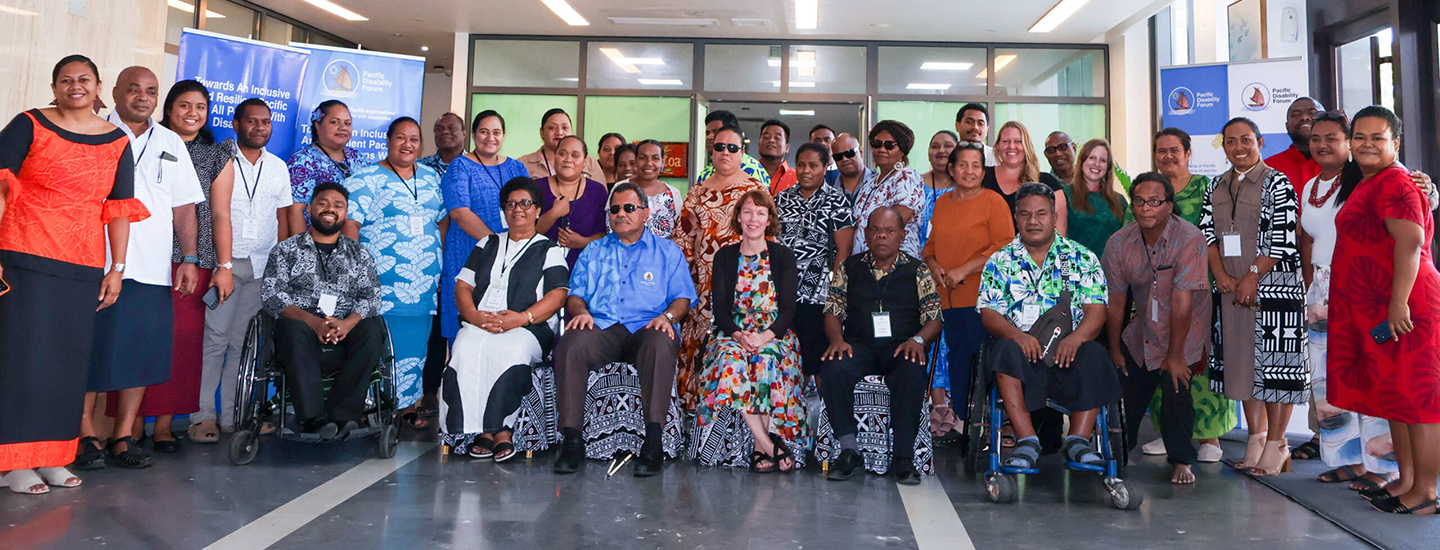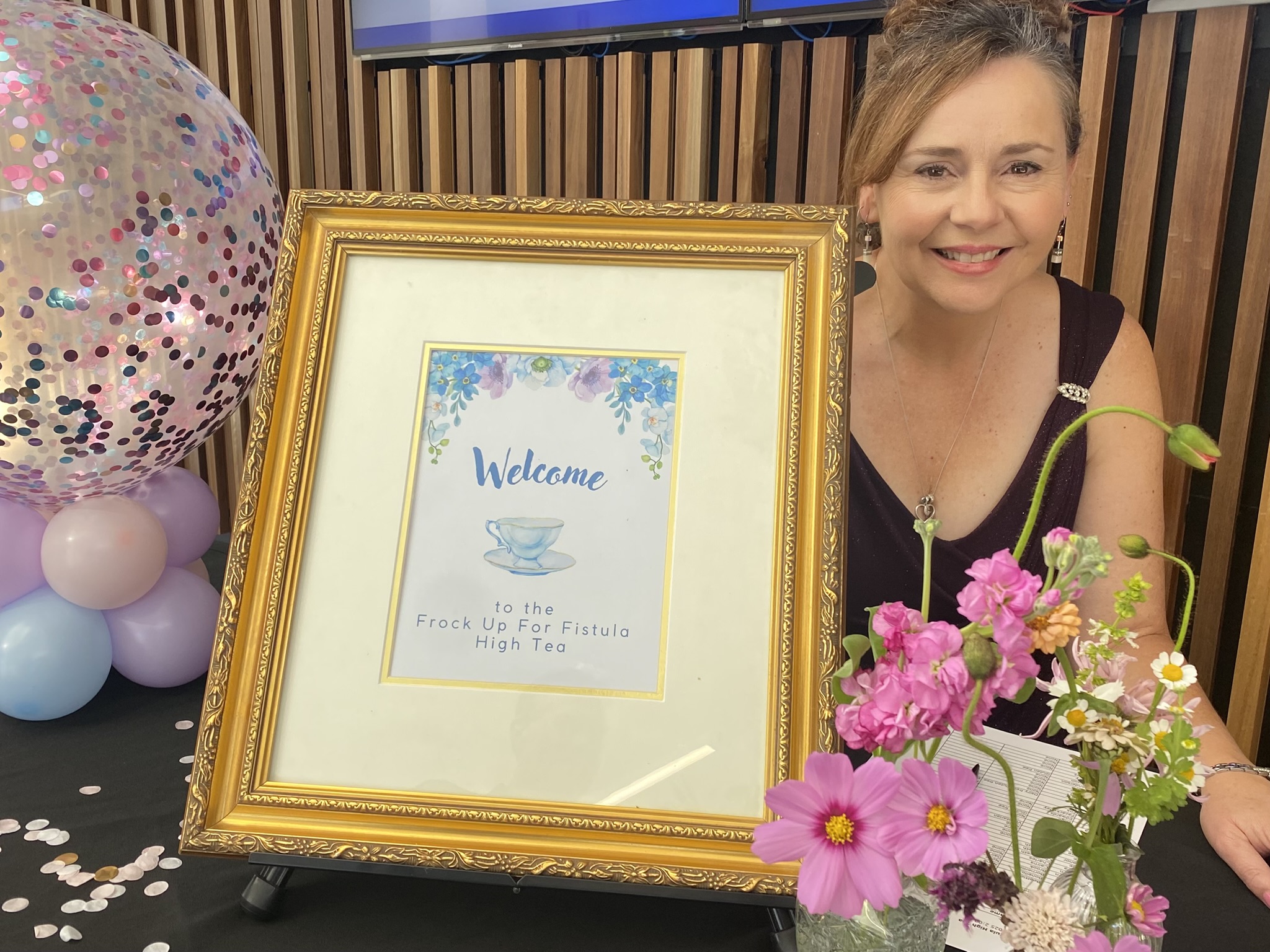Rehabilitation services gives Shoborna her independence back
Stories | December 20, 2024
Shoborna is a 49-year-old woman with two children from central Bangladesh. At age 25 she suffered a tragic accident when a tree fell on her, leaving her with a spinal cord injury and unable to walk. From that moment, her life changed forever!
Following the accident, Shoburna and her husband tried to get help at their local hospital. Yet, because this hospital did not have any spinal cord injury services, they were referred to a larger hospital in Dhaka for treatment. However, getting there and accessing treatment would cost money – money that they simply did not have now that Shoburna’s husband was her full-time carer. Without being able to access much needed medical treatment, Shoburna’s situation did not improve. Instead, she spent the next five years lying in bed, developing painful pressure ulcers and longing for help.
At age 30, Shoburna throught help had arrived as she finally underwent an operation. However, despite the operation and despite doing physiotherapy, she continued to be in extreme pain. Without access to adequate assistive devices, she was forced to rely on her husband to carry her or used a bamboo stick to help drag herself around. Shoburna lived like this for 20 years!
In 2023, Shoburna’s hope grew as she learned about a CBM supported project that was helping people with disabilities access inclusive health and rehabilitation. The project team works through a local partner to support people with disabilities to access rehabilitation services, including therapy, assistive devices, and prosthetics. The project team has also helped establish a space for spinal cord injury patients at the government hospital.
With help from her husband, Shoburna visited a nearby community health camp where she was examined and referred to the newly established spinal cord injury unit in the government hospital. There she spent two months receiving specialised rehabilitation services, which you will be pleased to read, has significantly improved her lower back pain. To ensure she keeps improving, Shoburna’s husband was taught at-home rehabilitation techniques so that he can help her continue her rehabilitation from the comfort of their own home. And, for the very first time, Shoburna was provided with a wheelchair which has helped her become more independent, mobile and social.
“The wheelchair will help me increase my independence, as my husband will no longer need to carry me”. – Shoburna
Looking forward, the project team also hope to connect both Shoburna and her husband with income generating activities so they can better support themselves.

https://www.cbm.org.au/stories/rehabilitation-services-gives-shoborna-her-independence-back
Related Stories

Easy Read your way through our evaluation report
At CBM Australia, we recognise that accessibility is not optional – it is a...

Growing Stronger Together: Supporting OPDs across the Pacific
CBM Australia is proud to partner with Pacific Disability Forum on the Growing Stronger...

Frock Up For Fistula: a High Tea of hope and healing
Something very special happened this Mother’s Day weekend. CBM Ambassadors Lyn Wake and Glenys...
